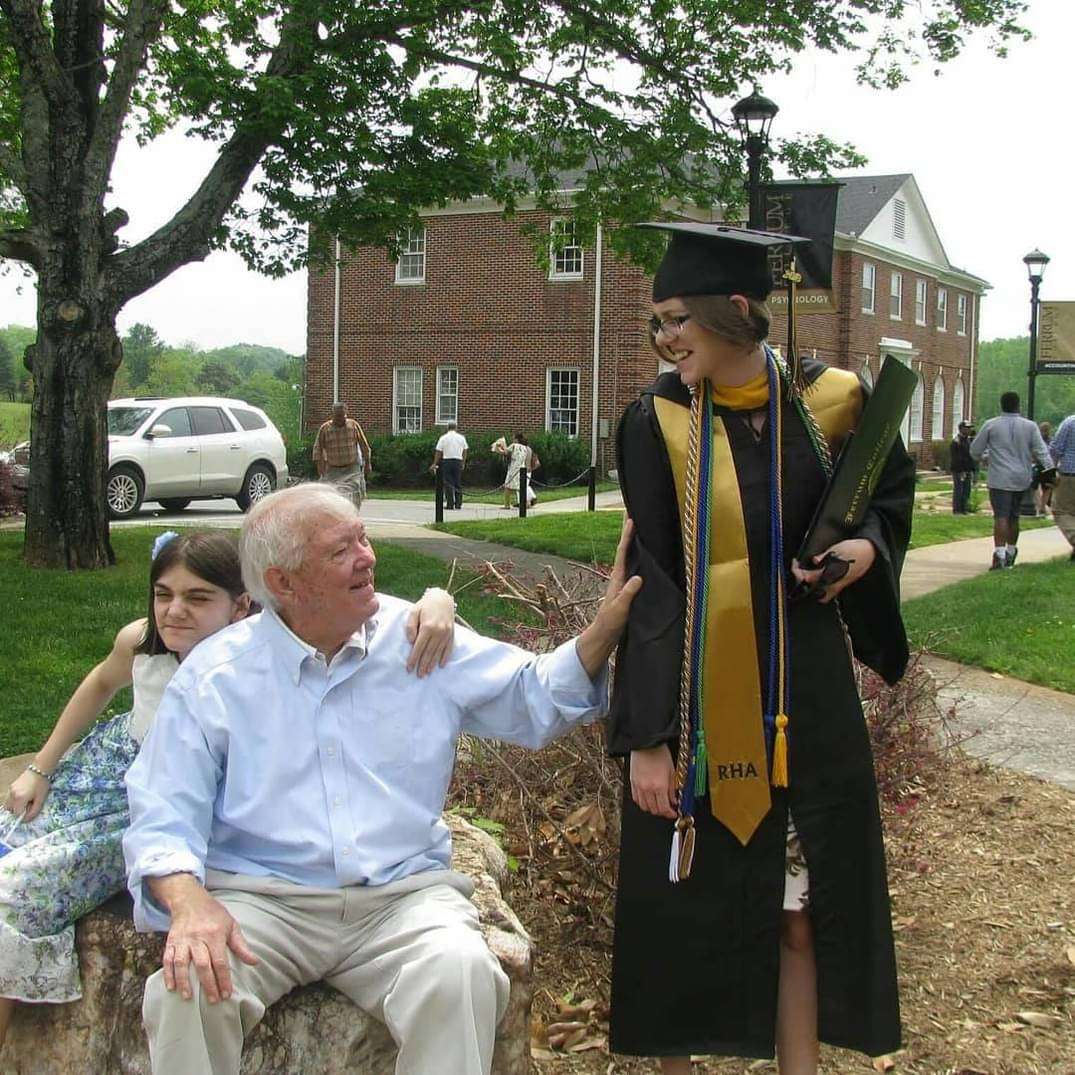Last Wednesday, author J.D. Salinger, best known for his novel “The Catcher in the Rye,” passed away.
Aside from his literary output, Salinger was best known for being a recluse. He stopped publishing in 1965 after bristling against the unwanted fame and attention that his work brought him and lived out the rest of his days more or less isolated at his home in New Hampshire.
I don’t especially want to eulogize Salinger here. It doesn’t make much difference that he is dead. He kept out of the public eye, as well as he could, from 1965 up until his death last Wednesday.
Salinger the man I never knew and will never know. Salinger the author died when he stopped publishing, and it seems foolish to me to lament his lack of output when he himself was perfectly happy with it.
But Salinger the persona, the Salinger readers get to know through reading his work?
Now seems like the perfect time to talk about him, as, through his writing, he is very much alive.
So I suppose this is not really a eulogy or an obituary. It is an article of appreciation, and since Salinger was such an intensely personal writer, I feel I am better qualified to assess the effect he has had on my life than to try to gauge his cultural influence or anything like that, and it is in that vein I will continue.
I learned from Salinger more than I ever learned in school, or from my friends, or really from anyone.
In school, I learned to act smart so teachers would praise me.
With friends, I learned to act funny so people would like me.
From Salinger, I learned not to act.
The heroes of Salinger’s work are generally heroes by virtue of their honesty and love of honesty. They seek authenticity in a world populated by, as the main character of “The Catcher in the Rye,” Holden Caulfield, might say, “phonies”. The truth they seek, and the sensitivity with which they seek it, is inspiring.
Despite the ease with which Salinger could separate the world into real people and phonies, however, no one is ever better than anyone. An intense love of people pervades Salinger’s work. There are no villains, only strangers. There is no judgment, only sympathy. Even though his work is thematically strong, these themes never come at the expense of the characters.
What the reader learns, they learn from people who seem as real as them, as weak and as wise as they can be. Salinger cut down the differences between people and highlights the fact that we are all basically the same, scared and curious and always searching for something to hold on to.
It is from him that I learned to strive to not be judgmental, but try to understand people. Salinger never gets preachy; his characters struggle with this as much as anyone.
“Franny and Zooey” is, at its core, the story of a young girl learning to accept the world for what it is and people for doing what they do, and her journey is familiar to just about anyone.
All in all, Salinger helped me cope with a reality that is sometimes seems painfully absurd and superficial.
On good days, I feel like I owe him my peace of mind; on bad days, I feel like I owe him my sanity.
His wisdom and humanity continue to be an inspiration for me, and for countless others who have read his work and been affected by it.
In the wake of his death, we can only look back, appreciate what he has done, and wait for someone to cash in on the film rights for “The Catcher in the Rye”.





